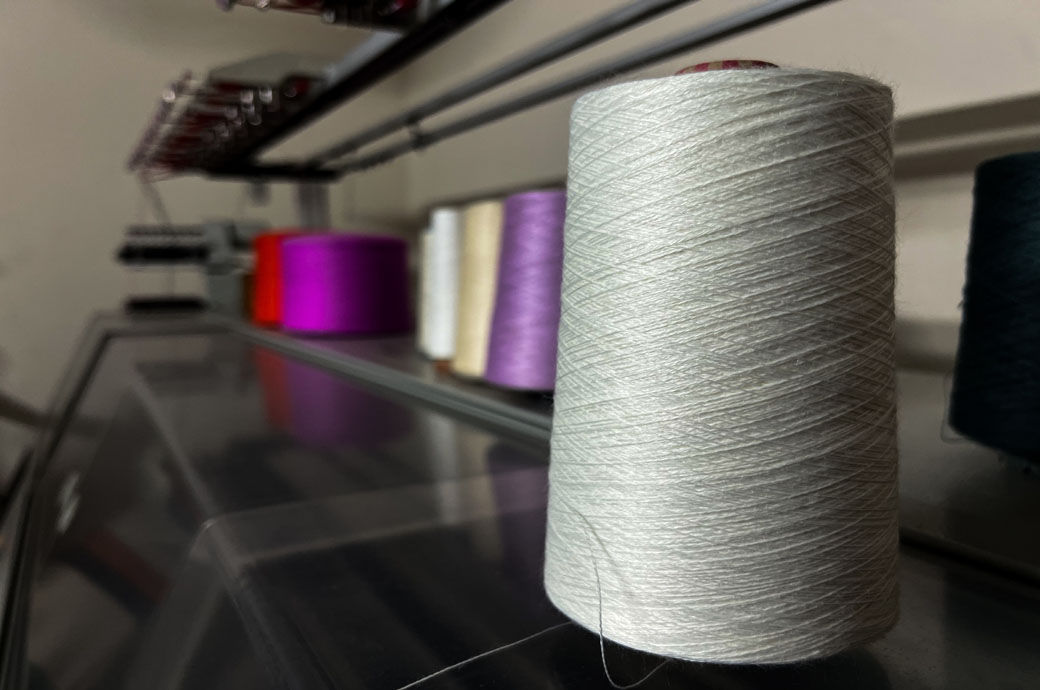
The seasonally adjusted S&P Global US manufacturing PMI posted 49 in July, up from 46.3 in June, to signal a further but slower downturn in operating conditions at US goods producers. The deterioration was the third in as many months, albeit the weakest in this period of decline.
The downturn stemmed from another monthly contraction in new orders, as domestic and external demand conditions remained muted.
A challenging sales environment in the United States led firms to scale back their input buying, causing inventory holdings to be depleted strongly, S&P Global said in a release.
Despite a sharp fall in backlogs of work as new orders dropped, companies expanded employment at a faster rate amid greater confidence in the outlook for output.
Meanwhile, firms reported a renewed rise in raw material costs, albeit only marginal overall. Selling prices, however, were broadly stable for a second month running as manufacturers sought to remain competitive and drive sales.
Driving the downturn was a further fall in new order inflows at manufacturers in July. Firms reported that the dearth in new sales stemmed from client hesitancy and reduced impetus to spend among customers amid difficult demand conditions.
The rate of decline softened, however, to the slowest in the current three-month sequence of contraction. Alongside evidence of subdued domestic demand, new export orders fell for the fourteenth month running.
Input prices faced by manufacturers increased for the first time in three months. The rate of input cost inflation was only marginal and much slower than the rises seen over the last three years, but companies attributed the rise to greater supplier charges.
Despite a sharp fall in backlogs of work and reduced new order inflows, firms reported a stronger rise in employment at the start of the third quarter. Staffing numbers increased at a solid pace that was among the fastest in a year.
Manufacturers mentioned that challenges finding suitable workers encouraged staff retention, with some firms continuing to fill long-held vacancies.
ALCHEMPro News Desk (DS)
Receive daily prices and market insights straight to your inbox. Subscribe to AlchemPro Weekly!